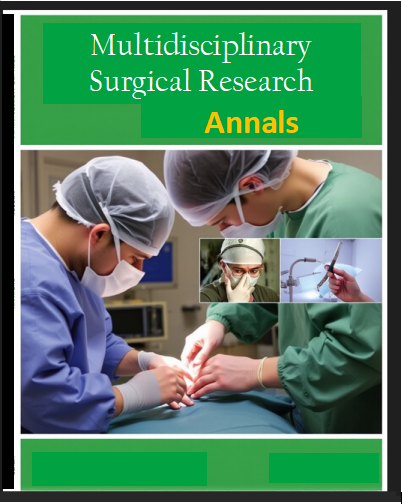Assisted Reproductive Technologies (ART) for Female Infertility: A Review of the Current State of the ART
Abstract
Female infertility remains a pervasive global health challenge, with complex etiologies encompassing ovulatory disorders, tubal pathology, diminished ovarian reserve, endometriosis, and unexplained reproductive failure. Over the past four decades, assisted reproductive technologies (ART) have evolved from rudimentary hormonal manipulations to highly sophisticated, precision-driven interventions that transcend biological limitations. This review synthesizes the contemporary landscape of ART for female infertility, delineating advancements in controlled ovarian stimulation protocols, intrauterine insemination, in vitro fertilization, intracytoplasmic sperm injection, and preimplantation genetic testing. It further interrogates the expanding frontier of fertility preservation, including vitrification-based oocyte cryopreservation and oncofertility applications, alongside disruptive innovations such as uterus transplantation, artificial gametogenesis, and AI-enabled embryo morphokinetics. Beyond technical dimensions, the discourse critically engages with the ethical, psychosocial, and cultural complexities that shape ART accessibility and acceptability across diverse sociogeographic contexts. By integrating evidence from recent clinical trials, meta-analyses, and translational research, this review provides a panoramic yet nuanced appraisal of current best practices and future trajectories. In doing so, it underscores the imperative for individualized, patient-centered reproductive care that harmonizes biomedical efficacy with humanistic values.
Keywords: Female Infertility, In Vitro Fertilization, Oocyte Cryopreservation, Artificial Gametes, Uterus Transplantation, Ai-Based Embryo Selection.
https://doi.org/10.5281/zenodo.16832565




